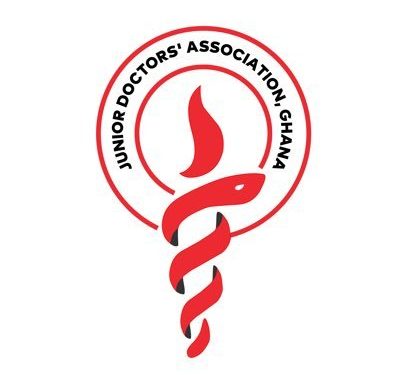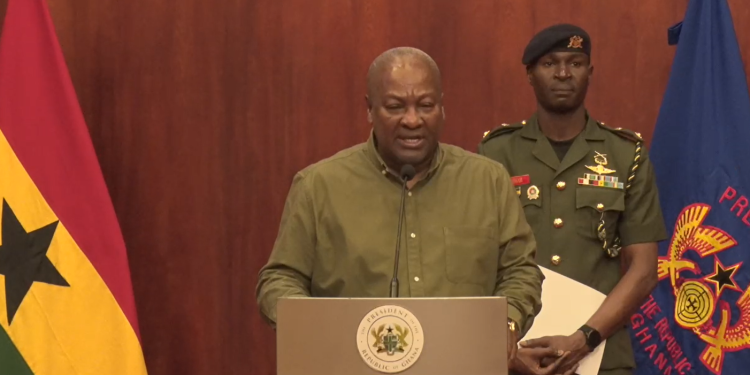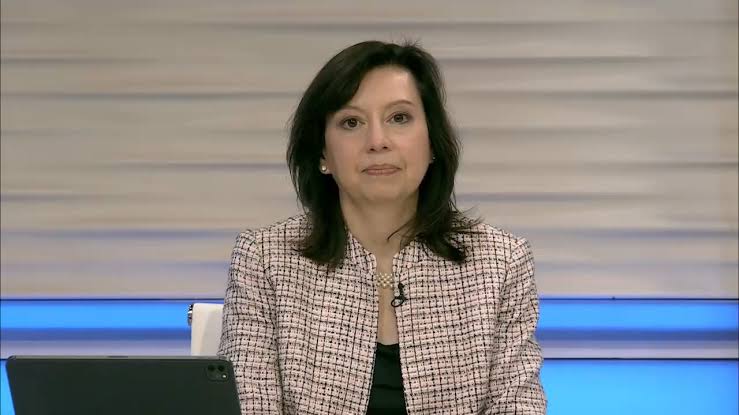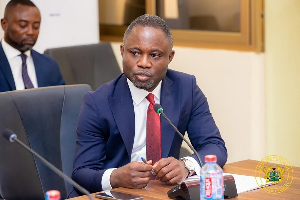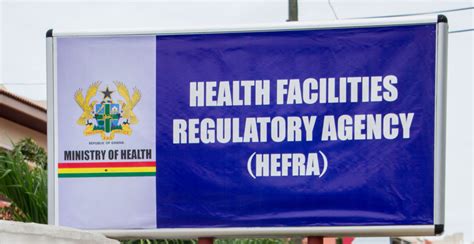Junior doctors across Ghana will begin a nationwide withdrawal of services on Tuesday, October 7, 2025, in protest over months of unpaid salaries, stalled job postings, and what their union calls systemic neglect and exploitation by the government.
The Junior Doctors’ Association of Ghana (JDA-GH) announced the action in a strongly worded statement on Wednesday, describing the situation as “unsustainable” and “unfair.” Signed by the association’s president, Dr. Louisa Afia Nkrumah, and general secretary, Dr. Rhoda Wun-nam Amadu, the statement says more than 200 junior doctors have worked between 10 and 14 months without a single salary payment.
The group also revealed that over 800 medical officers—many of them newly qualified—have been waiting for government postings for up to 16 months. Some doctors who had previously been on the payroll have reportedly had their salaries suspended without explanation.
“Despite the goodwill we have shown toward the government, no solutions have been offered. The continued exploitation of junior doctors will no longer be tolerated,” the JDA’s statement read.
A Step-by-Step Shutdown of Services
According to the union, the service withdrawal will be phased:
From October 7 to 9: All outpatient services will be suspended.
From October 10 onward: Emergency services will also be withdrawn indefinitely.
Inpatient care: Existing patients will continue to be managed until discharge, but no new admissions will be accepted.
The association placed full responsibility for the looming healthcare disruption on the Ministry of Health and the Government of Ghana, urging immediate intervention to prevent a complete breakdown in public health service delivery.
A Health System Under Strain
Ghana’s public healthcare system has faced ongoing challenges—from underfunding to frequent industrial actions by health professionals. This latest crisis could stretch already overwhelmed facilities and leave thousands of patients without timely care.
The government has yet to respond to the JDA’s announcement, but the pressure is mounting. With emergency services set to halt and junior doctors demanding urgent answers, the stakes couldn’t be higher—for healthcare workers and the public alike.



